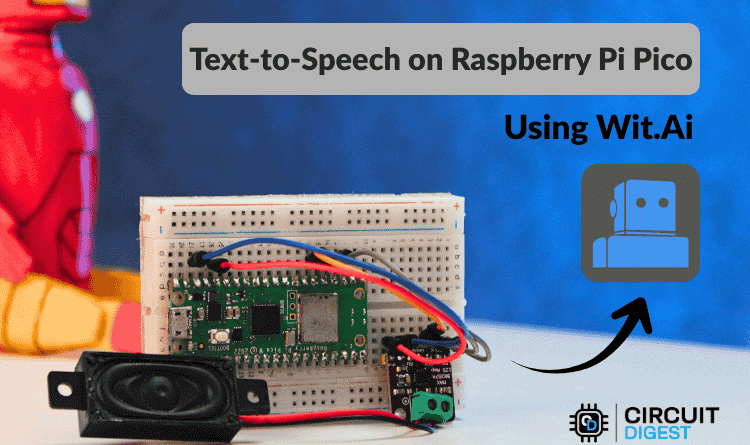Hailo, a leading Tel Aviv-based unicorn company specializing in AI processors for edge devices, announced its selection by Raspberry Pi to provide AI accelerators for the company’s AI kit serving as an AI add-on for the Raspberry Pi 5 single-board computer. This collaboration will enhance the capabilities of professional developers and hobbyists in advanced AI, improving performance for projects and solutions in home automation, security, robotics, and more.
Raspberry Pi, a British company founded in 2009 in Cambridge, specializes in developing and manufacturing tiny single-board computers used by both industry professionals and students, enabling easy development of digital solutions. These affordable computers, priced at tens of dollars per unit, have gained significant popularity, with the company selling 61 million units of its various models to date, catering to both professional developers and enthusiasts. The company has established a social fund providing formal and informal education resources to students, assisting them in building digital solutions, experimenting with cutting-edge technologies, and developing their original technologies.
Raspberry Pi’s AI kit was designed for the Raspberry Pi 5 and includes the recently announced M.2 HAT+ and the Hailo-8L M.2 artificial intelligence accelerator module with 13 TOPS performance. This solution seamlessly integrates with Raspberry Pi’s camera software and supports a wide range of applications through Hailo’s extensive software package.
Orr Danon, CEO and co-founder of Hailo, expressed his satisfaction with the collaboration, aiming to enrich the community of engineers, makers, and developers with advanced AI capabilities. He emphasized the collaboration’s potential to inspire a new era of computing with expanded boundaries through high-performance AI processing.
Eben Upton, CEO of Raspberry Pi, highlighted how the collaboration with Hailo enables industrial customers to integrate AI into highly efficient high-performance solutions in terms of cost-effectiveness and power consumption. Additionally, hobbyists can enhance their creative projects with AI, benefiting from Hailo’s combination of high processing capabilities and low power consumption, which is attractive for both professional and hobbyist AI solutions.
A significant milestone for Hailo, the performance of the Hailo-8L AI accelerator, with a processing rate of 13 TOPS, significantly surpasses that of competitors’ edge processors. As Hailo’s processors are commercially available and compliant with industry standards, already deployed by 300 customers worldwide, they represent an ideal product for scaling from prototype to mass production.
The collaboration between Hailo and Raspberry Pi marks an important milestone for Hailo, demonstrating the maturity of the company’s AI accelerators and its ability to serve a large audience of customers and users. Hailo is launching an online platform to support the company’s growing developer community and the Raspberry Pi user community. The platform will offer user forums, video tutorials, FAQs, and additional resources to foster innovation among developers and makers. Registered community members will be able to engage in dialogue with Hailo’s expert team and other community members, share code, experiences, resources, knowledge, and more.
Orr Danon concluded by stating that their new online community will serve as a collaborative environment for AI experts and enthusiasts to share their experiences and discuss new ways to innovate. The new Raspberry Pi equipped with AI capabilities will pave the way for innovation. They look forward to seeing how makers and developers can leverage Hailo’s AI capabilities.
Raspberry Pi’s AI kit will be showcased at Raspberry Pi’s booth at the Embedded World China exhibition on June 12-14 and at the Maker Fair Hannover exhibition on August 17-18.








